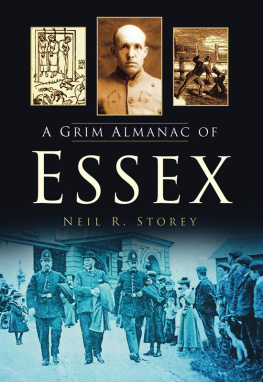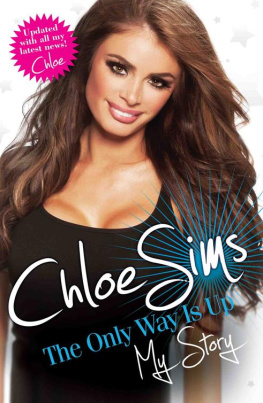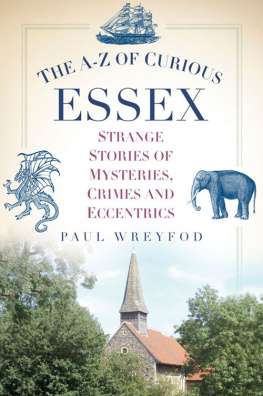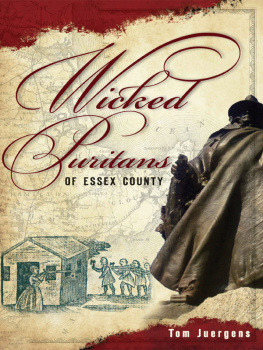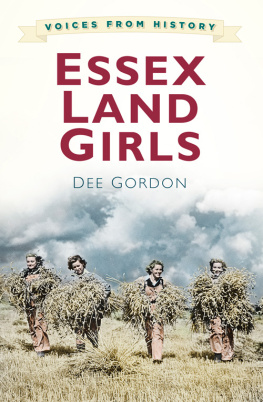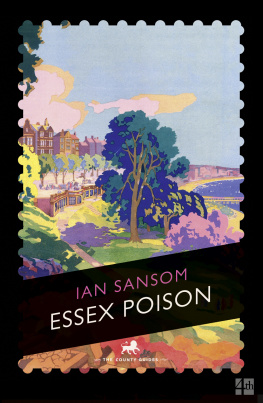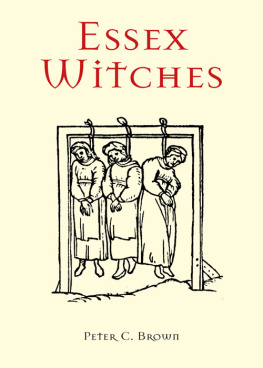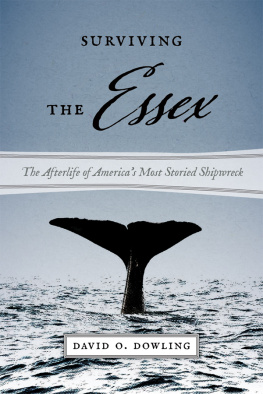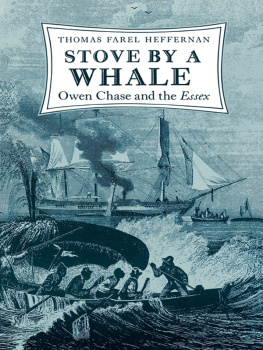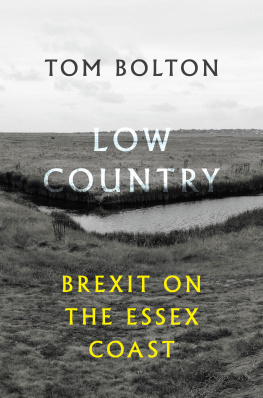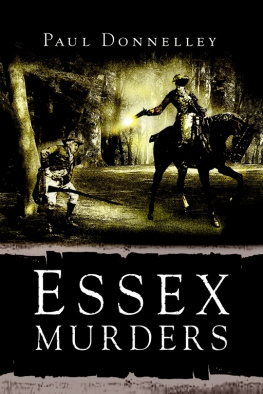First published in 2019 by Oberon Books Ltd
521 Caledonian Road, London N7 9RH
Tel: +44 (0) 20 7607 3637 / Fax: +44 (0) 20 7607 3629
e-mail:
www.oberonbooks.com
Copyright Maria Ferguson, 2019
Photographs Suzi Corker, 2019
Maria Ferguson is hereby identified as author of this play in accordance with section 77 of the Copyright, Designs and Patents Act 1988.
The author has asserted her moral rights.
All rights whatsoever in this play are strictly reserved and application for performance etc. should be made before commencement of rehearsal c/o Oberon Books 521 Caledonian Road, London N7 9RH. No performance may be given unless a licence has been obtained, and no alterations may be made in the title or the text of the play without the authors prior written consent.
You may not copy, store, distribute, transmit, reproduce or otherwise make available this publication (or any part of it) in any form, or binding or by any means (print, electronic, digital, optical, mechanical, photocopying, recording or otherwise), without the prior written permission of the publisher.
A catalogue record for this book is available from the British Library.
PB ISBN: 9781786829870
E ISBN: 9781786829863
Cover photo and design by Suzi Corker
Printed and bound by 4EDGE Limited, Hockley, Essex, UK.
eBook conversion by Lapiz Digital Services, India.
Visit www.oberonbooks.com to read more about all our books and to buy them. You will also find features, author interviews and news of any author events, and you can sign up for e-newsletters and be the first to hear about our new releases.
Printed on FSC accredited paper
10 9 8 7 6 5 4 3 2 1
Maria Ferguson (writer) is an award-winning writer and performer from Essex. She has been a resident artist for Roundhouse and Battersea Arts Centre, and has been commissioned by BBC Radio One and The Royal Academy of Art. Her debut solo show, Fat Girls Dont Dance, sold out performances across the country and won the Saboteur Award for Best Spoken Word Show. She currently lives in East London with her partner, and is working on her debut poetry collection. Essex Girl is her second solo show.
Lucy Bairstow (director) is a multidisciplinary artist. She is a performer, writer, director, movement director, co-founder of Theatre with Legs, and Creative Programmer at live arts venue The Brick Box Rooms, in Bradford. The work she is interested in, and the work she likes to make, tends to orbit around identity, connection and loss.
Introduction
Essex Girl noun, derogatory, informal
a young working-class woman from the Essex area, typically considered as being unintelligent, materialistic, devoid of taste, and sexually promiscuous.
This is just one of the various definitions I have found of the term Essex Girl. Others include,
A brash, materialistic young woman of a type supposedly found in Essex or surrounding areas in the south-east of England.
An insulting word for a young woman who dresses and behaves in a way that attracts attention, and shows that she is not intelligent or stylish, thought of as typical of some people from the English county of Essex.
Or my personal favourite,
A name used especially in jokes to refer to a type of young woman who is not intelligent, dresses badly, talks in a loud and ugly way, and is very willing to have sex.
Thanks, Oxford Learners Dictionary.
When I first started writing Essex Girl, I had no idea the term was even in the dictionary. All I knew was that I wanted to write something about where Im from. I grew up in Romford in the nineties/early noughties. I went to an all-girls Catholic school, and spent most weekends at the pub that my best mates parents ran, smoking cheap cigarettes and drinking unfathomably sweet alcohol. I also had a fake ID which was actually my passport doctored with a different date of birth using sticky-back plastic. You know, the usual.
I wanted to write a play from a voice that would be nostalgic and familiar to the people I grew up with. I wanted to talk about our passions and rituals. Our rites of passage. Pie and Mash on West Ham match days, underage visits to Irish pubs where wed take off our shoes and attempt a jig, house parties where wed down WKD whilst being spun around on a computer chair and hiding cigarette smoke with overpowering, putrid body spray (thank you, Charlie Red).
I was always aware of, and surrounded by, the Essex Girl stereotype. Fake tan, tight dresses, fake nails, fake hair, fake eyelashes. But I never really fell into that category. It wasnt my thing. So, of course, to this day when asked where Im from and I reply, Essex, I always get the same response.
You dont look like youre from Essex.
Which made me ask myself, where did this mythological definition come from? Why Essex in particular? What does this belief cause people to expect from us Essex Girls? And how does that ultimately affect our self-worth, how we choose to portray ourselves and what we think we can achieve?
To start with, I looked through old photos, diary entries, and school yearbooks. I wrote down the typical teenage behaviour I remembered from school. The fake tan disasters, sunbed burns, shoes we couldnt walk in and fake designer handbags. Out of curiosity I thought Id watch a few episodes of The Only Way Is Essex. I ended up watching twenty series in just under three months. I regret nothing.
The more I recalled from growing up, the more I realised I wanted to question and comment on the Essex stereotype, but for it to come from the genuine experiences of someone who was actually living it, and so I came up with the character of Kirsty, who is not based on me in any way(alright maybe a bit)
I wanted to write a genuine account of a young woman growing up in noughties Essex. The expectation she would face due to her class and gender, the opinions projected on her from a young age by her elders and peers, whether she would feel able to question and challenge these opinions and what I have discovered looking back at my sixteen-year-old Essex Girl self.
At first, I felt a bit silly playing a sixteen-year-old, as I was approaching the big three-oh when I started performing the show in 2018, but it quickly became something I could use to my advantage. I was able to bridge the gap between my age and Kirstys and use the benefit of hindsight, along with all the life lessons you learn at that formative age, to question contemporary culture in its still somewhat restrictive attitude to women, especially those of a lower class.


